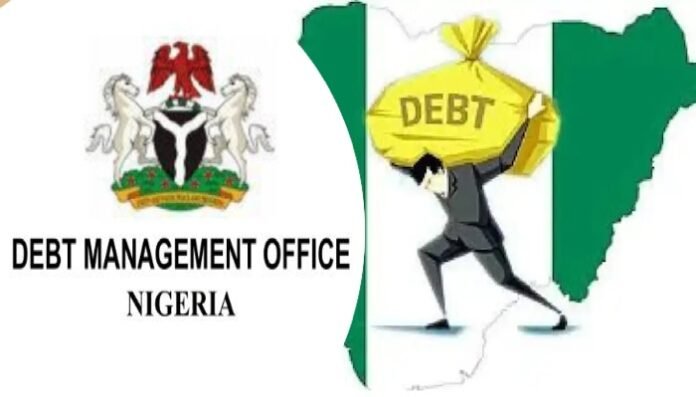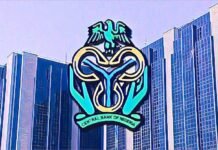States collectively spent about N235.58bn on servicing external debt obligations in the first half of 2025. This is according to an analysis of the data from the Federal Account Allocation Committee disbursement released by the National Bureau of Statistics.
The amount represents a sharp increase of N95.65bn or 68.4 per cent when compared with the N139.92bn recorded in the corresponding period of 2024, showing the mounting pressure of dollar-denominated debt repayments on state finances in the wake of the naira’s depreciation.
It is crucial to note that the Federal Government undertakes external debt servicing on behalf of the states through an Irrevocable Standing Payment Order arrangement, which authorises automatic deductions from their monthly FAAC allocations.
Under this process, once an external loan has been approved and a subsidiary agreement executed, the Office of the Accountant-General of the Federation, working with the Federal Ministry of Finance and the Central Bank of Nigeria, deducts the agreed debt service amount before releasing allocations to the states.
According to an analysis of data, January 2025 began with a hefty outflow of N40.09bn towards external debt servicing, a sum that dwarfs the N9.88bn paid in the same month of 2024. This represented a year-on-year jump of more than 305 per cent and was the highest single-month repayment in the first half of the year.
In February, the states collectively paid N39.10bn, a figure which, although slightly lower than January’s, was still markedly higher than the N24.53bn disbursed in February 2024, representing a 59.5 per cent increase.
March 2025 recorded the same N39.10bn, marginally lower than the N40.41bn paid in March 2024, reflecting the unusual spike that occurred in that month last year when some states made large payments to clear maturing obligations.
From April to June 2025, the pattern remained unchanged, with each month posting exactly N39.10bn in debt servicing outflows, suggesting relative stability of the local currency in the second quarter of 2025. This represents an 80.1 per cent rise compared with the N21.70bn paid in each of those months in 2024.
Lagos State, long acknowledged as the country’s economic nerve centre, retained its position as the single largest contributor to the overall debt servicing bill, remitting a total of N49.58bn in the first six months of 2025. This marks a 52.8 per cent increase from the N32.44bn recorded in the same period last year.
The size of Lagos’s foreign debt repayment, more than double that of any other state, reflects both its long-standing borrowing profile for large-scale infrastructure projects and the impact of exchange rate weakness on dollar-linked obligations.
Rivers State followed with N26.34bn, a leap from just N4.62bn in the first half of 2024, representing an increase of more than 470 per cent. Kaduna State ranked third with N24.47bn, a modest 6 per cent rise from the N23.09bn paid last year.
Ogun State came fourth with N12.57bn, nearly triple the N4.29bn recorded in the first half of last year, while Edo State completed the top five with N10.18bn, a 72.6 per cent increase on the N5.90bn paid in 2024.
Collectively, these five states spent N123.14bn, accounting for about 52.3 per cent of all external debt servicing payments made by the 36 states in the first half of 2025, highlighting the concentration of foreign debt exposure in a small group of subnationals.
At the lower end of the scale, Jigawa State recorded the smallest external debt servicing bill at N1.39bn in the first half of 2025, a 54.3 per cent increase from N900.54m in the same period of 2024. Benue followed with N1.44bn, up 62.1 per cent from N890.16m last year, while Yobe paid N1.46bn, representing a 77.0 per cent rise from N823.59m in 2024.
Borno State recorded N1.52bn, up 128.1 per cent from N668.07m, while Zamfara paid N1.56bn, 75.0 per cent higher than the N891.82m recorded in the same period last year. Plateau also featured among the states with comparatively low repayments at N1.81bn, though this was 125.8 per cent more than the N803.28m paid in 2024.
While these states maintain smaller foreign loan portfolios than their higher-ranked counterparts, the sharp year-on-year increases underline the nationwide effect of exchange rate depreciation on the cost of servicing external debt.
The data reveal interesting regional patterns. In the South-West, Lagos and Ogun lead, reflecting an aggressive use of foreign loans to fund infrastructure and other development projects, often at concessional rates but with significant exposure to exchange rate fluctuations.
![]()










